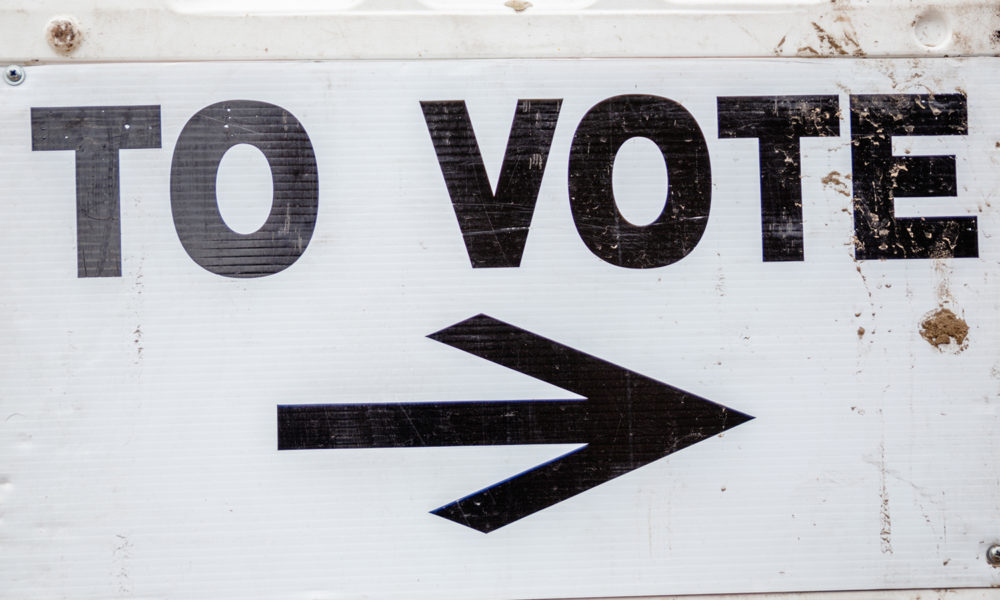Two days ago, and just three days before Arizona holds its Democratic primary, Maricopa County elections director Scott Jarrett was physically unable to finish a press conference to explain that they were cutting the number of polling places because they don’t have enough cleaning products to ensure voter safety. This came after the embattled director and County Recorder tried to send every eligible voter in the county a mail ballot to protect the integrity of the election, but were shut down by the state’s Attorney General. In attempting to do the right thing, they were violating current election law. This is just one of many examples illustrating why Congress has to take federal action now, this week while they are in extended session, to ensure the integrity of our elections.
Louisiana has postponed their primary until June 20, after the deadline set by the Democratic National Convention, which means they could lose half of their delegates and dilute the influence of Louisiana voters. Georgia just stopped in-person early voting already underway and postposed their primary until May 12. When Georgia Governor Brian Kemp declared a state of emergency on Saturday, he made no mention of securing the voting rights of Georgians. Not surprising, considering this is the same man who committed one of the most egregious acts of voter manipulation in the 2018 election cycle.
Ohio Governor Mike DeWine has taken the best position so far for states with pending primaries. He is recommending delaying in-person voting until June 2, but continuing absentee voting.
It is increasingly apparent that many states lack the capacity or willingness to protect voting rights in the face of the coronavirus pandemic. The threat of a November election meltdown—with massive voter confusion, emergency declarations that limit polling places or even cancel elections (if state legislatures choose to appoint electors to the Electoral College), followed by allegations of voter suppression and voter fraud and potential delays to the inauguration—is quite real.
In a piece last week, I discussed the importance of 1) immediately ensuring that every voter, regardless of what state they live in, can receive a ballot in the mail for the November election, 2) making sure that state election officials have the resources and infrastructure they need to process all ballots accurately and in a timely fashion, and 3) ensuring that state media work with election officials to communicate expectation to the public about election night returns and ballot processing.
Dale Ho with the ACLU, election scholar Rick Hasen and Dave Daley with Fairvote recently contributed to the list of requirements: ramping up public education on how to vote by mail; expanding Voting Rights Act protections to ensure that non-English-speaking voters have access to translated ballots and translation services where necessary; allowing registered, validated ballot collection services to assist voters in turning in ballots, especially in rural and Native American lands; and boosting postal mail services during a substantial early voting period, through election day.
Sen. Ron Wyden (D-Ore.) has already introduced legislation that would provide $500 million for states to begin making contingency plans for November’s election. This is the draft from which Congress should complete legislation by the end of this week. The cost may be higher for Congress to pay for all the services outlined above, but the federal government must step up for there to be no constitutional issue with enforcing these requirements on states. The price is not too high to ensure the health of our democracy and hold our leaders accountable in this time of national and global crisis. Call your members of Congress now to protect our democracy today, while we still have time.

